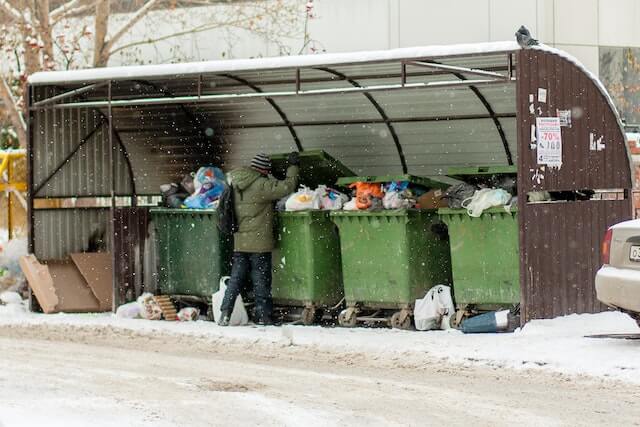Business
- All Post
- Business
Iowa’s Research Activities Credit (RAC) has come under scrutiny for providing a tax subsidy that reimburses companies for research activities.…
The most valuable company tax credit scheme in Iowa is the Research Activity Credit (RAC). The initiative, which was initially…
Cryptocurrency
- All Post
- Cryptocurrency

In a world where electronics are abundant, and almost every aspect of our lives is incorporated so profoundly with the…
Economy
- All Post
- Economy
Tax Increment Financing (TIF) is a tool that cities use to promote the development of economically challenged areas. The mechanism…
The Iowa Fiscal Partnership recently released a statement that was critical of Governor Branstad’s decision to cut education funding and…
Insurance
- All Post
- Insurance
The Affordable Care Act (ACA), commonly known as Obamacare, has been a controversial topic in American politics since its implementation…
The American Health Care Act (AHCA) passed by the House of Representatives would cut health insurance for nearly 200,000 Iowans…
Retirement
- All Post
- Retirement

Retirement parties occur in all forms. It can be something big and formal or just the opposite of that. This…

Most of us are blessed with the love and support of our elders. They have done so much for us…
Banking
- All Post
- Banking

Anyone with access to the internet knows by now the sheer number of media available to us online. And if…
Make Money
- All Post
- Make Money

The Riches Beyond Money: Why Money Isn’t Everything It’s no surprise that money has been a driving force for centuries,…
Career
- All Post
- Career

Being a garbage man may seem like an odd job, but there are thousands of people out there who collect…
Technology
- All Post
- Technology

Samsung TVs are amazing for their HD quality and ultra-smooth textures; it’s one of the best TV brands in the…
Law
- All Post
- Law
The Iowa House and Senate have been working towards reducing taxes on commercial, industrial, and railroad properties (CI&R) for the…
The Iowa Legislature is currently considering a bill, HSB165, which has raised concerns among local communities. The bill proposes a…
